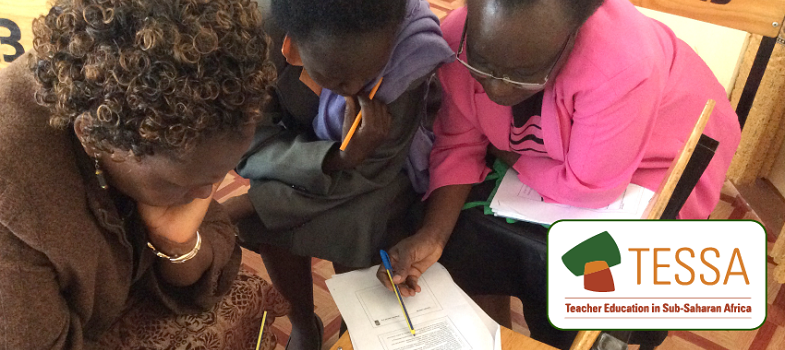Resource 2: Types of abuse
![]() Background information / subject knowledge for teacher
Background information / subject knowledge for teacher
There are many different forms of abuse – physical, sexual, emotional and psychological. They can take place between adults, between children, or between adults and children.
It is important that your pupils have some awareness of these forms of abuse, because while they are children they are very vulnerable. They trust adults, and usually do what they say, but they need to know that not everything an adult may do is correct.
Physical abuse involves the beating or hitting of someone. It does not have to be hard or violent, but if physical abuse is regular and frequent it can have a bad effect on a relationship.
Sexual abuse is the improper use of another person for sexual purposes, generally without consent or under physical or psychological pressure. This happens between adults and adults, adults and children, and also between children entering into adulthood. The trauma and psychological damage can be very severe and pupils may become very aggressive or withdrawn, nervous around adults or engage in inappropriate behaviour with their fellow pupils.
Emotional and psychological abuse involves treating someone cruelly over a long period, so that it makes them unhappy and depressed. It can involve calling them names or being rude, or just undermining their confidence and belittling their achievements.
There are other examples as well, such as parental abuse. This could take the form of a father luring his son into smoking by fixing a cigarette in his mouth and lighting it up for him. Parental abuse could also be in the form of beating a child regularly and violently so as to inflict wounds on them and suppress and control them beyond reason.
There can be domestic abuse – poor treatment of wives or housekeepers, no matter how hard they work.
Such abuse causes physical and emotional pain, and can lead to depression and low self-confidence.
Resource 1: A story about self-esteem



